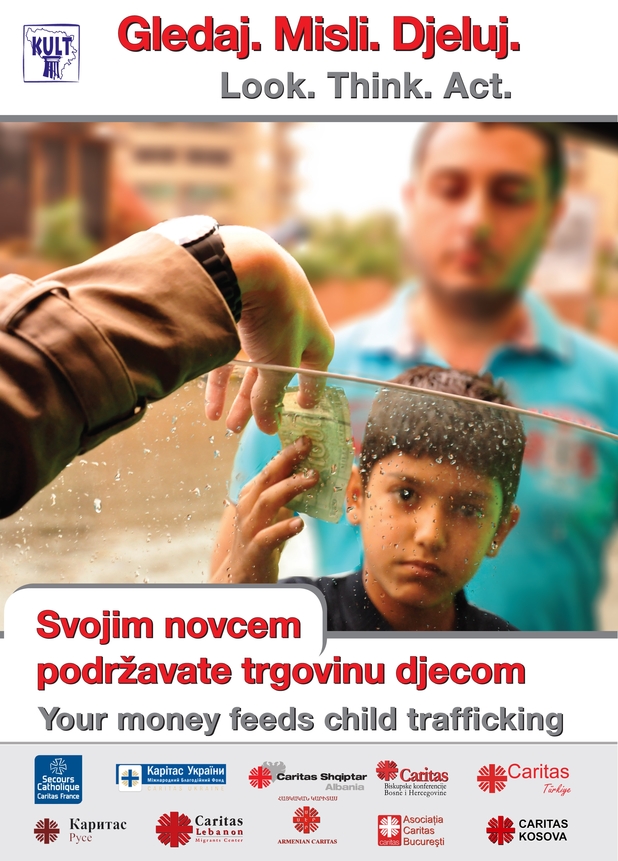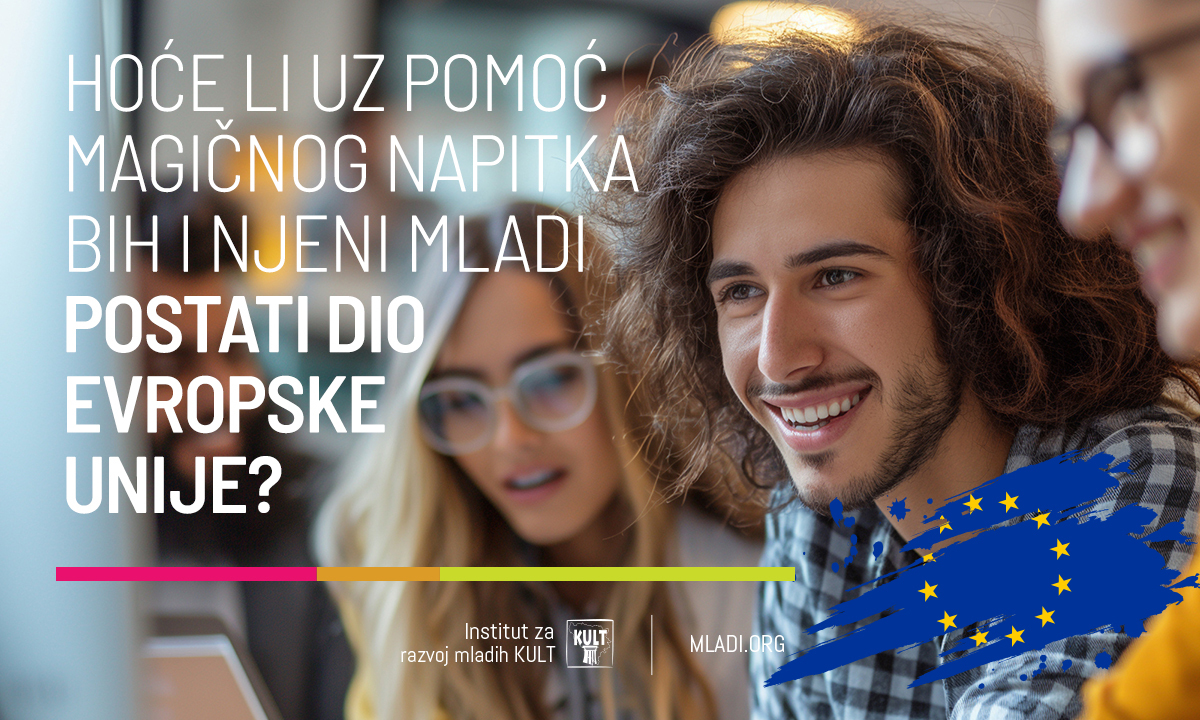It is common perception today that scourges such as hunger, torture, slavery and human trafficking are centuries behind us. However, modern slavery survives, as the Institute for Youth Development states. Slavery is not present in Third World countries only, but in developed countries also, as well as in BiH.
Modern slavery is different in forms: forced labour, high-risk jobs, service, prostitution, etc. Slavery follows kidnapping, forcing or family debts. Victims are long gone and forgotten.
This is why it is important to mark World Day against Trafficking in Persons. It is particularly important to emphasize that the problem exists in Bosnia and Herzegovina as well, not only in far and underdeveloped countries. Human trafficking in our country is not only based on sexual exploitation as it used to be, stated Educational-Leisure Centre Spajalica Manager, Vesna Filipovi?.
It is estimated that modern slavery caused by human trafficking exceeded 27 million people around the world. Unfortunately, neither children nor the elderly are spared, and sick and injured are often in the circle as well.
World Day against Trafficking in Persons was marked in Sarajevo, Mostar, Tuzla, Banja Luka, and Institute’s volunteers distributed promotional flyers in Sarajevo in front of the Sacred Heart Cathedral, in order to raise awareness on human trafficking.
We are working intensively on raising our citizens’ awareness; this street action is only a segment of an entire spectre our activities are based on. Promotional flyers show directly how much and how BiH society faces and deals with human trafficking and how the trafficking victims may solve the problem they find themselves in. We are especially grateful to the Episcopal Conference of Bosnia and Herzegovina helping to brand the booth and create flyers, providing support for the Institute for Youth Development team, added Filipovi?.
While modern slavery profits about 13 billion dollars per year globally, workers without food and water breaks work 17 hours per day, nonstop. Due to dehydration, they practically do not need restroom breaks. This is the direct effect of human trafficking with 30.146 victims in the EU from 2010 – 2012.













Leave a comment